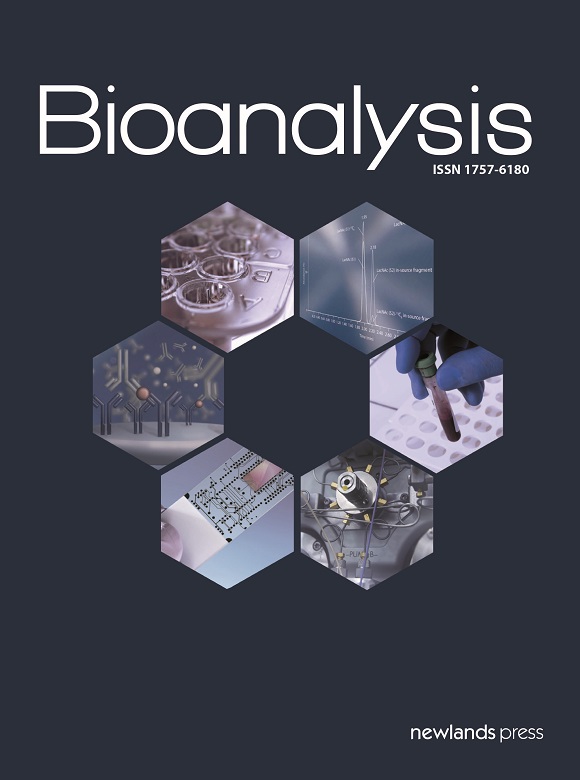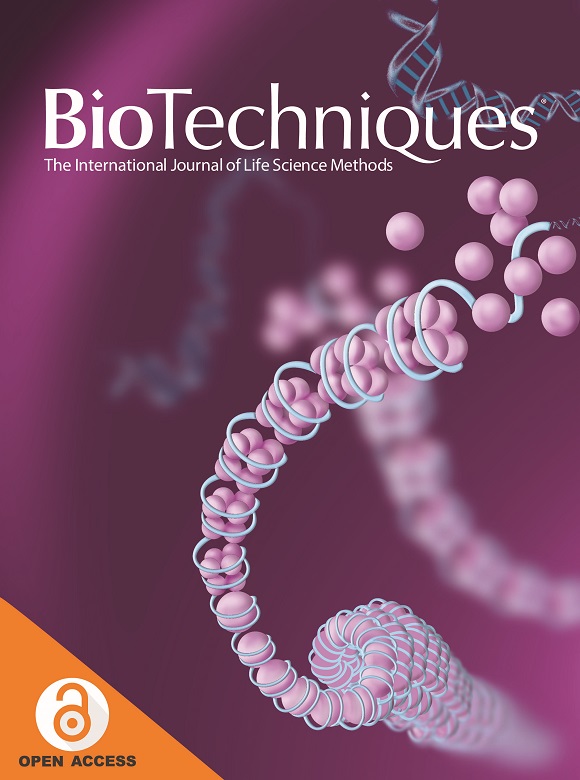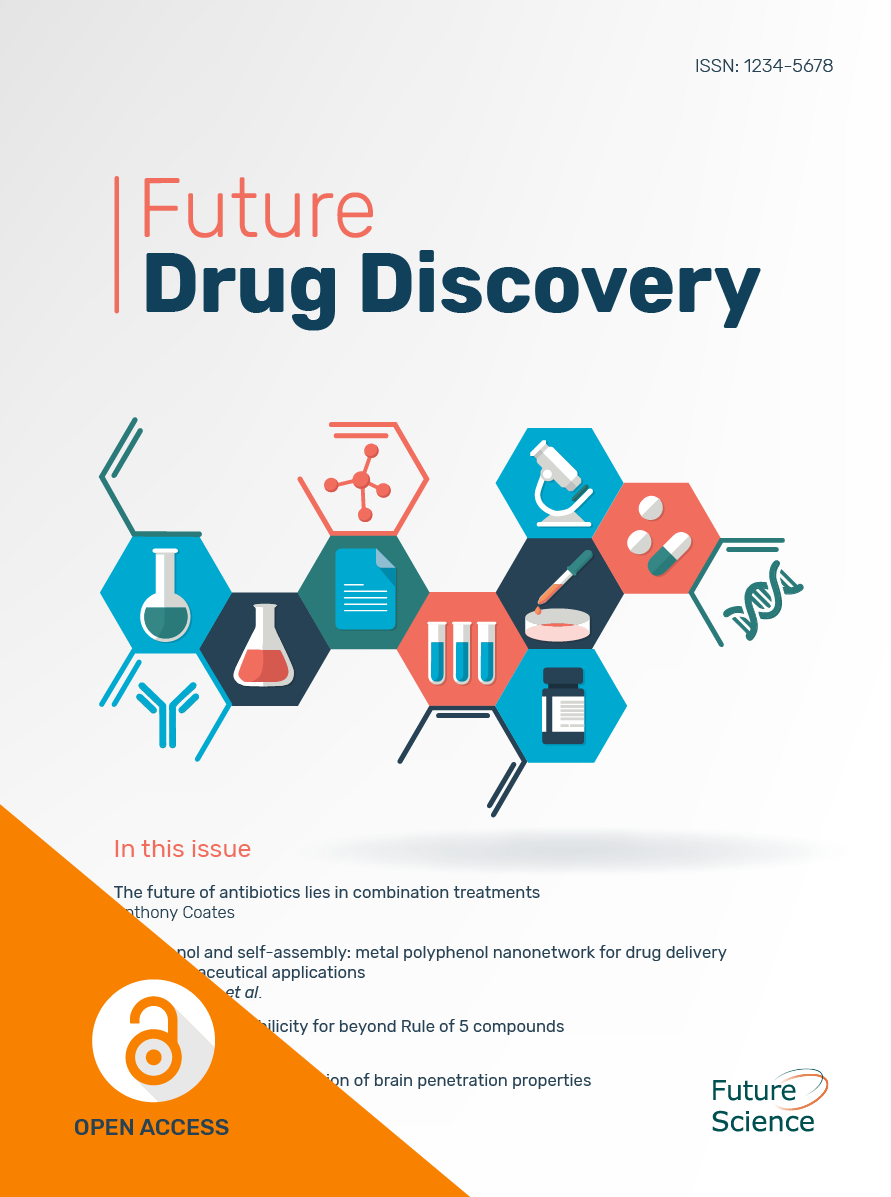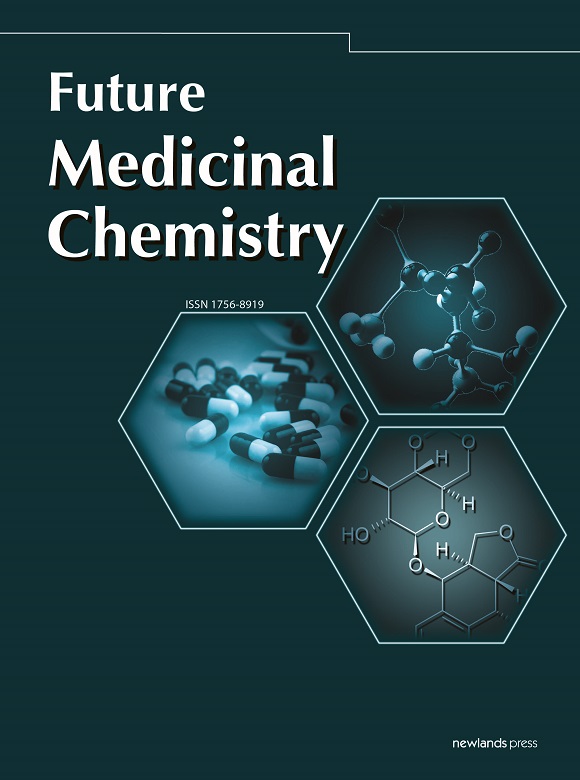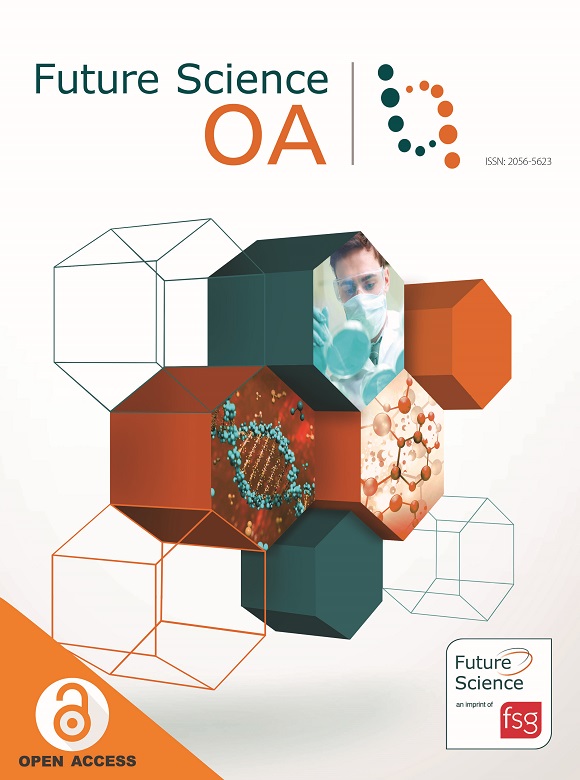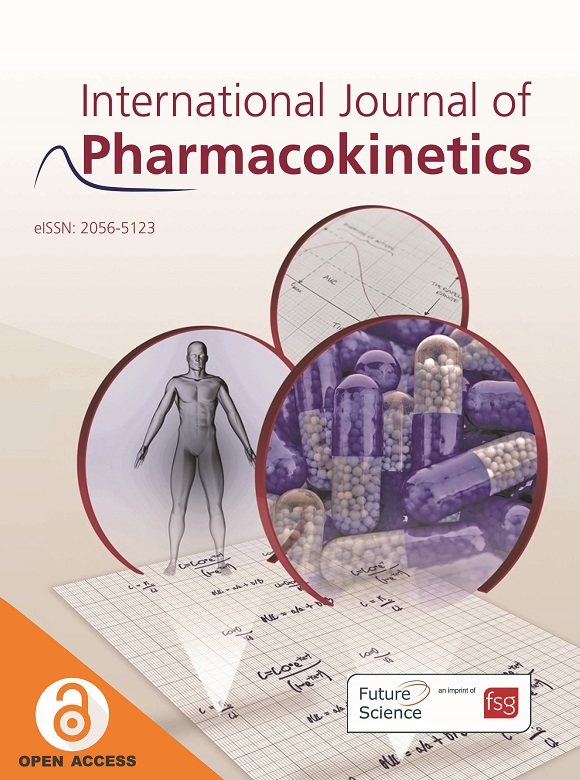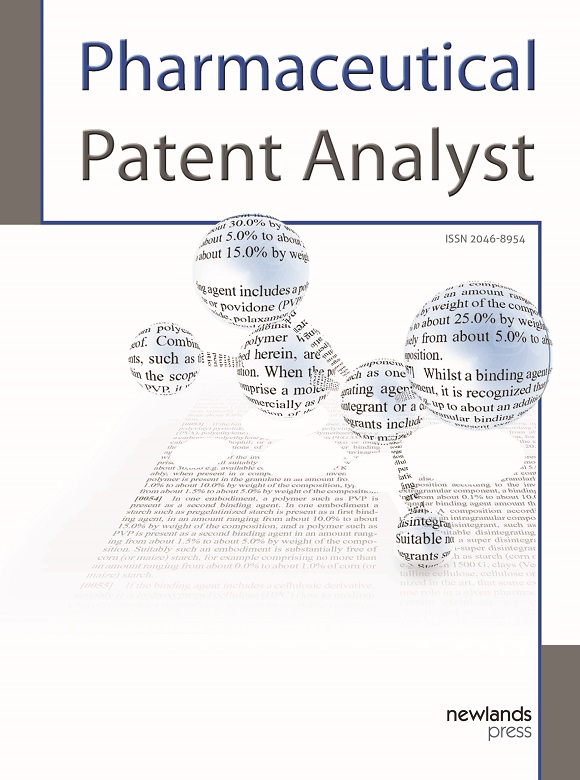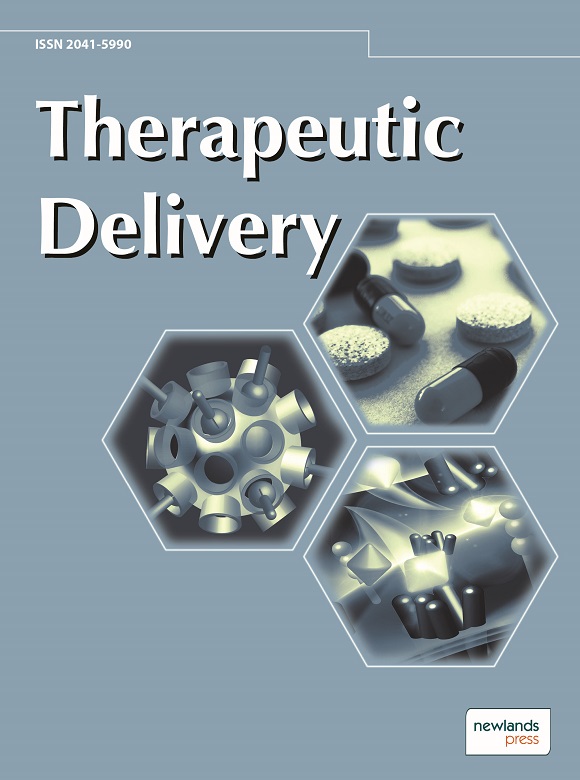Generation of Large Libraries of Random Mutants in Bacillus subtilis by PCR-Based Plasmid Multimerization
Abstract
We describe a PCR-based method for the generation of plasmid multimers that can be directly transformed into Bacillus subtilis with very high efficiency. This technique is particularly useful for the generation of large libraries of randomly mutagenized genes, which are required for the optimization of enzymes by directed evolution. We subjected the gene coding for the protease subtilisin to six consecutive rounds of PCR at three different levels of mutagenicity. The resulting 18 populations were cloned using our PCR multimerization protocol, and the mutation frequencies were determined by DNA sequencing. The resulting data demonstrate that the mutation frequency during PCR can be controlled by adding varying concentrations of manganese chloride to the reaction mixture. We observed a bias in the type of base pair changes with A and T being mutated much more frequently than C and G. We determined the fraction of active clones in all populations and found that its natural logarithm is proportional to the average mutation frequency of the populations. These data reveal that a fraction of about 0.27 of all possible mutations leads to the inactivation of the subtilisin gene, which provides a measure for its structural plasticity.

